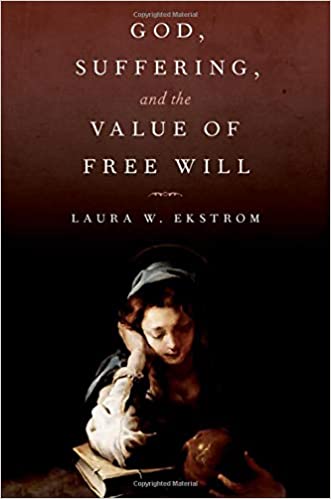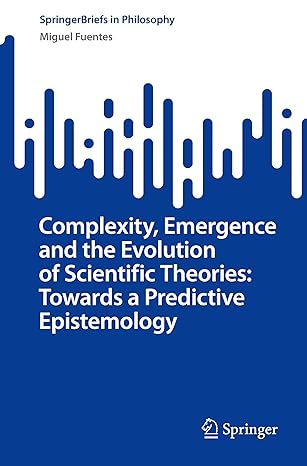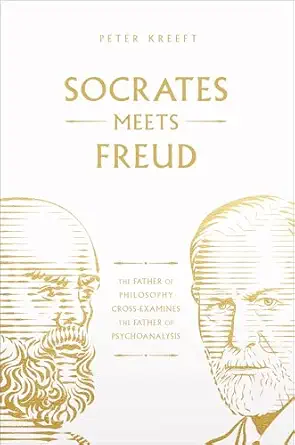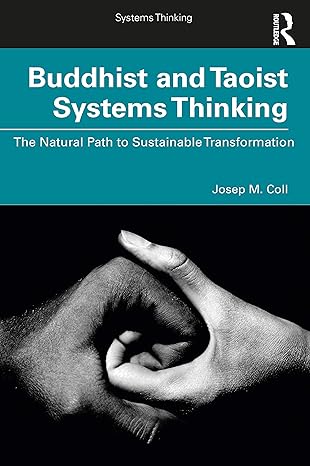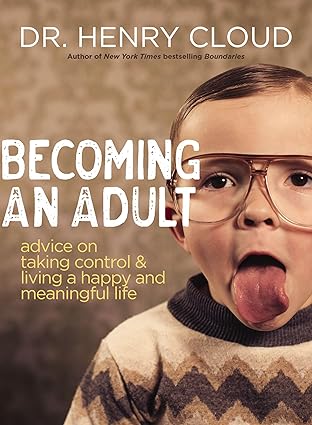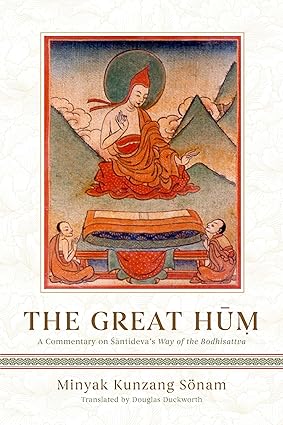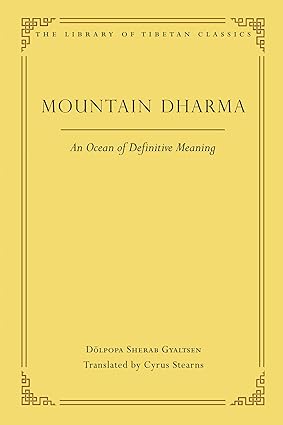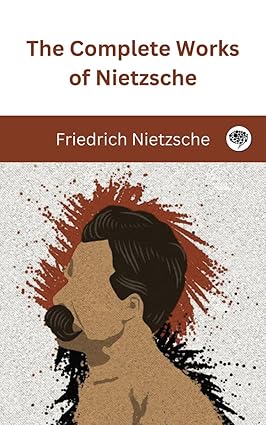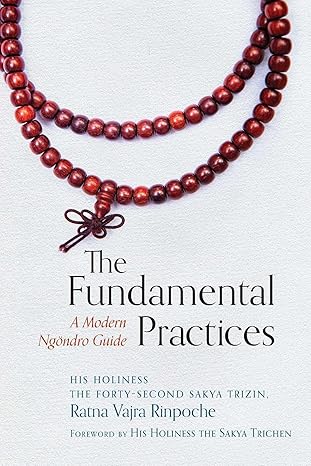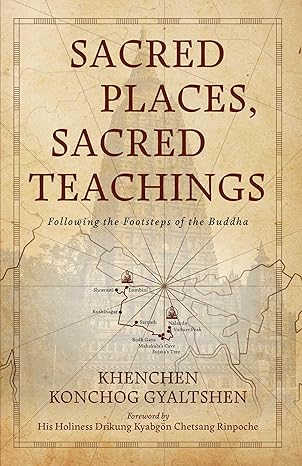For many of us, the question of whether or not God exists is one of the most perplexing and profound questions of our lives, and numerous philosophers and theologians have debated it for centuries. Laura Ekstrom here takes a new look at the issue of God's existence by examining it against the reality of human suffering, bringing to the fore contentious presuppositions concerning agency and value at the core of the matter. When we survey the world, we observe an enormous amount of pain, including virtually unspeakable kinds of maltreatment and agony, many instances of which seem patently unfair, unearned, and pointless. This book argues that, in light of these observations, it is reasonable to conclude that God does not exist.
The book unravels the extent and power of arguments from evil. Ekstrom provides a close investigation of a largely overlooked claim at the heart of major free-will-based responses to such arguments, namely that free will is worth it: sufficiently valuable to serve as the good that provides a God-justifying reason for permitting evil in the world. Through fresh examinations of traditional theodicies, Ekstrom develops an alternative line called divine intimacy theodicy, and makes an extended case for rejecting skeptical theism. The book takes up an argument from evil concerning a traditional doctrine of hell, which reveals a number of compelling issues concerning fault, agency, and blameworthiness. In response to recent work contending that the problem of evil is toothless because God is indifferent to human beings, Ekstrom defends the essential perfect moral goodness of God. She further tackles the question of whether or not it is possible to live a religious life as an agnostic or as
an atheist.
Through rigorous reflection, with deep respect for religious thought and experience, and with sensitivity to the range and kinds of suffering so many endure, Ekstrom firmly advances discussion of the problem of evil and paves the way for further scholarship in the philosophy of religion.
چکیده فارسی
برای بسیاری از ما، این سؤال که آیا خدا وجود دارد یا نه، یکی از گیج کننده ترین و عمیق ترین سؤالات زندگی ما است، و فیلسوفان و متکلمان متعددی برای قرن ها درباره آن بحث کرده اند. لورا اکستروم در اینجا با بررسی آن در برابر واقعیت رنج بشر، نگاهی تازه به موضوع وجود خدا میاندازد، و پیشفرضهای بحثانگیز در مورد عاملیت و ارزش را در هستهی اصلی موضوع به منصه ظهور میرساند. هنگامی که جهان را بررسی می کنیم، مقدار عظیمی از درد را مشاهده می کنیم، از جمله انواع بدرفتاری و عذاب تقریباً غیرقابل توصیف، که بسیاری از نمونه های آن آشکارا ناعادلانه، دست نیافتنی و بیهوده به نظر می رسند. این کتاب استدلال می کند که با توجه به این مشاهدات، منطقی است که نتیجه گیری کنیم که خدا وجود ندارد.
این کتاب میزان و قدرت استدلال از شر را آشکار می کند. اکستروم تحقیقات دقیقی درباره ادعایی که عمدتاً نادیده گرفته شده است در قلب پاسخهای عمده مبتنی بر اراده آزاد به چنین استدلالهایی ارائه میکند، یعنی اینکه اراده آزاد ارزش آن را دارد: به اندازهای ارزشمند است که به عنوان خیری عمل کند که دلیلی خداپسندانه برای اجازه دادن به شر ارائه میکند. در جهان. اکستروم از طریق بررسیهای جدید تئودیسههای سنتی، خط جایگزینی به نام تئودیسه صمیمیت الهی ایجاد میکند و موردی گسترده برای رد خداباوری شکگرا مطرح میکند. این کتاب استدلالی از شر را در مورد یک دکترین سنتی جهنم می گیرد که تعدادی از مسائل قانع کننده در مورد خطا، عاملیت و سرزنش را آشکار می کند. اکستروم در پاسخ به کار اخیر که ادعا میکند مشکل شر بیدندان است زیرا خدا نسبت به انسانها بیتفاوت است، اکستروم از خیر اخلاقی کامل خدا دفاع میکند. او در ادامه به این پرسش میپردازد که آیا میتوان زندگی مذهبی را بهعنوان یک آگنوستیک یا بهعنوان یک زندگی مذهبی انجام داد یا نه
یک ملحد.
اکستروم از طریق تأملی دقیق، با احترام عمیق به اندیشه و تجربه دینی، و با حساسیت به دامنه و انواع رنجهایی که تحمل میکنند، بحث در مورد مسئله شر را قاطعانه پیش میبرد و راه را برای تحقیقات بیشتر در فلسفه دین هموار میکند. /p>
ادامه ...
بستن ...
- ISBN-10 : 0197556418
- ISBN-13 : 978-0197556412
ادامه ...
بستن ...
